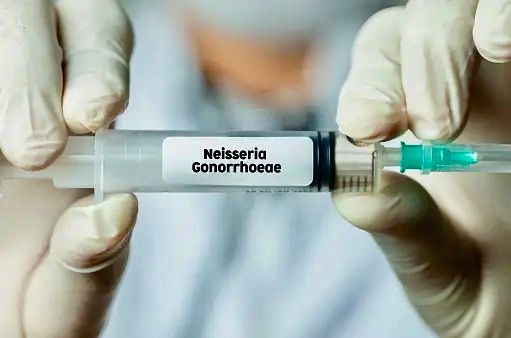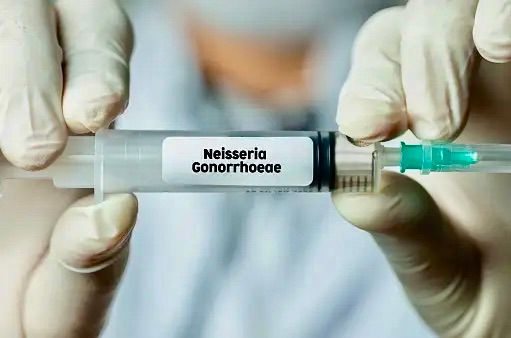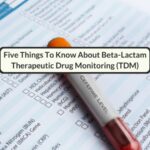
A recent study documented by The Lancet highlights that treatment failures for gonorrhea have been uncommon in the United States. Still, there is growing concern about the emergence of antibiotic resistance in Neisseria gonorrhoeae, particularly non-susceptibility to cephalosporins. This concern is underscored by the identification of the penA 60.001 allele in Neisseria gonorrhoeae, a specific genetic variation that contributes to this type of antibiotic resistance. The penA 60.001 allele alters the bacterial response to cephalosporins, a key class of antibiotics for treating gonorrhea.
Investigators presented 2 cases in the USA where the penA 60.001 allele was identified. The first case was a patient with urethritis whose Neisseria gonorrhoeae isolate showed non-susceptibility to cephalosporins and other antibiotics. The second case was identified retrospectively with a similar pattern of resistance. The methods used to diagnose and treat the patients include antimicrobial susceptibility testing, nucleic acid amplification test (NAAT), and whole-genome sequencing. These methods revealed the specific antibiotic resistance patterns and the presence of the penA 60.001 allele. This discovery signals a worrying trend in the fight against this common sexually transmitted infection.
“Due to high rates of gonorrhea, rapid evolution of N gonorrhoeae resistance, and increasing case reports of penA 60.001 allele associated with treatment failures, US patients with failed treatment for gonorrhea might be anticipated in the near future,” according to the investigators. “Although ceftriaxone was still effective, these primary care cases are a warning to clinicians and public health officials to scale up clinical awareness, surveillance, and laboratory detection, including culture and gradient strip antimicrobial susceptibility tests and advanced molecular diagnostics, to delay the arrival of extremely drug-resistant gonorrhea until new treatments or vaccines are developed.”
3 Key Takeaways
- The study highlights the growing concern about the emergence of antibiotic-resistant strains of Neisseria gonorrhoeae in the US, particularly those showing non-susceptibility to cephalosporins.
- The study presents 2 cases where the penA 60.001 allele was identified. These cases showed non-susceptibility to cephalosporins and other antibiotics, raising concerns about the potential for treatment failures.
- The importance of increasing clinical awareness, surveillance, and laboratory detection methods to manage and prevent the spread of drug-resistant gonorrhea strains.
This study exhibits limitations by constraining a small sample size of 2 cases, which may not provide a comprehensive view of the relevance of the penA 60.001 allele. Also, the study’s insights are geographically limited to its geographic focus on Massachusetts, which may not represent wider trends. Additionally, the follow-up period for infection clearance might be insufficient to gauge long-term treatment effectiveness or recurrence risk. The lack of comprehensive contact tracing in one of the cases and a focus primarily on the penA 60.001 allele, while neglecting other possible resistance mechanisms, further restricts the study’s scope. Lastly, in 1 case, the assumption of infection clearance without direct microbiological confirmation could affect the accuracy of the results.
The investigators emphasize the need for increased clinical awareness, surveillance, and laboratory detection to manage and prevent the spread of these drug-resistant strains. This includes scaling up culture and gradient strip antimicrobial susceptibility tests, as well as advanced molecular diagnostics, to delay the arrival of extremely drug-resistant gonorrhea until new treatments or vaccines are developed. The study uncovers a concerning trend of cephalosporin-resistant gonorrhea in the US, underlining the urgency for enhanced detection methods and public health initiatives.
Reference
1. Reimche JL, Pham CD, Joseph SJ, et al. Novel strain of multidrug non-susceptible Neisseria gonorrhoeae in the USA. The Lancet Infectious Diseases. Published January 9, 2024. Accessed January 25, 2024. doi:S1473309923007855.









Thanks for sharing. I read many of your blog posts, cool, your blog is very good.